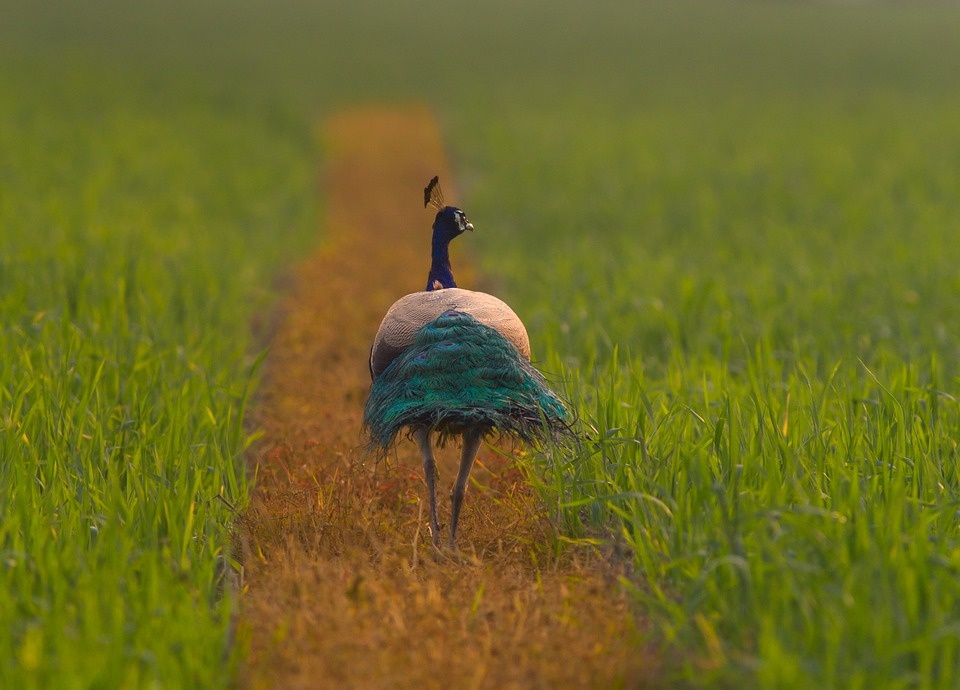Work Package 1.3

About:
This WP will enhance our understanding of farmers’ decision making affecting NUE in crop and livestock production and facilitate increased adoption of sustainable practices, acknowledging that such adoption is highly context-specific; and up-scaling solutions is difficult in heterogeneous systems. The WP will also highlight bottom-up approaches to N governance in SA. Differences in nutrient use practices between households, villages (min. 1,200 household survey across SA, linked with WP2.2; secondary data from national household surveys like NSS, BIHS) and regions (secondary data, e.g. FAOSTAT, USDA ERS) will be investigated to reveal nutrient efficient practices and external and farm-related factors which enable adoption while exploring dependencies with issues like gender roles, relative poverty and household nutrition. To find solutions that are socially and culturally acceptable, co-development of tailored solutions will happen via a mix of in-depth interviews, field observations and quantitative methods in the same villages. This will characterise preferences for technical and wider N solutions (including WP1.4 tools), identify barriers to the adoption of preferred solutions, and gauge the extent to which solutions necessitate or benefit from co-operation among stakeholders, informing also WP1.1.
Work package level Specific objectives:
- Derive an in-depth understanding of the cultural, social and economic drivers and barriers to the local adoption of soil and N management practices and wider solutions proposed to enhance NUE in South Asia
- Facilitate increased adoption of more sustainable nutrient management practices
- Highlight bottom-up approaches to N governance in South Asia
Work package level-specific hypotheses
- The adoption of sustainable agricultural practices is highly context-specific
- Social, cultural, economic, environmental and geographic aspects are all important in driving the adoption of sustainable agricultural practices
- Extension approaches that involve farmers in the development of solutions can improve adoption through co-development of the farmer and farm-specific tailored solutions.
Work Package Leads:
- Eory (SRUC)
- Pinnawala (UoP)
Partners:
- CEH
- University of Edinburgh
- SRUC
- Plymouth Marine Lab
- University of Aberdeen
- KIIT
- University of Perideniya
- NRRI
- University of Faisalabad
- Royal University of Bhutan
- MNU
- Nourish Scotland
- SACEP
- IARI
- University of Kathmandu
- BSMRAU
- CFA
